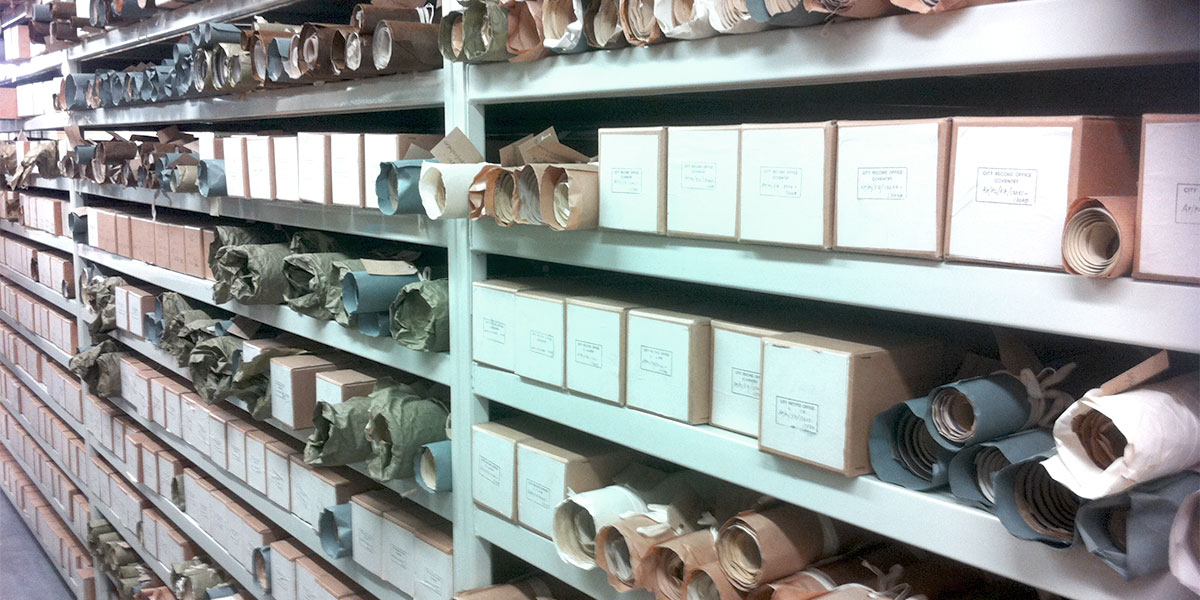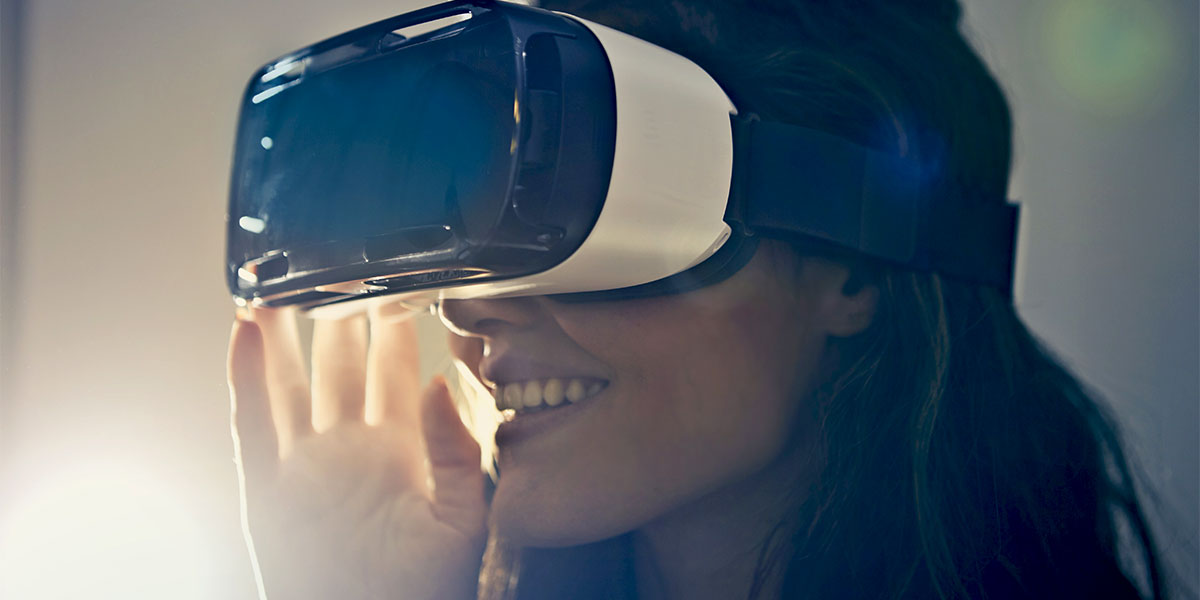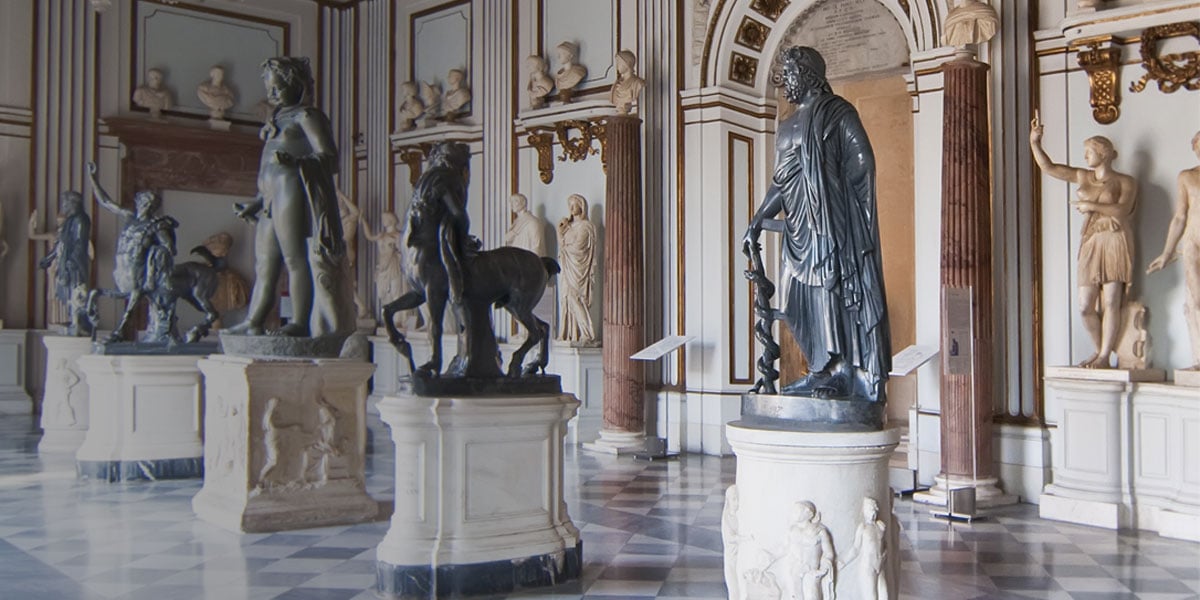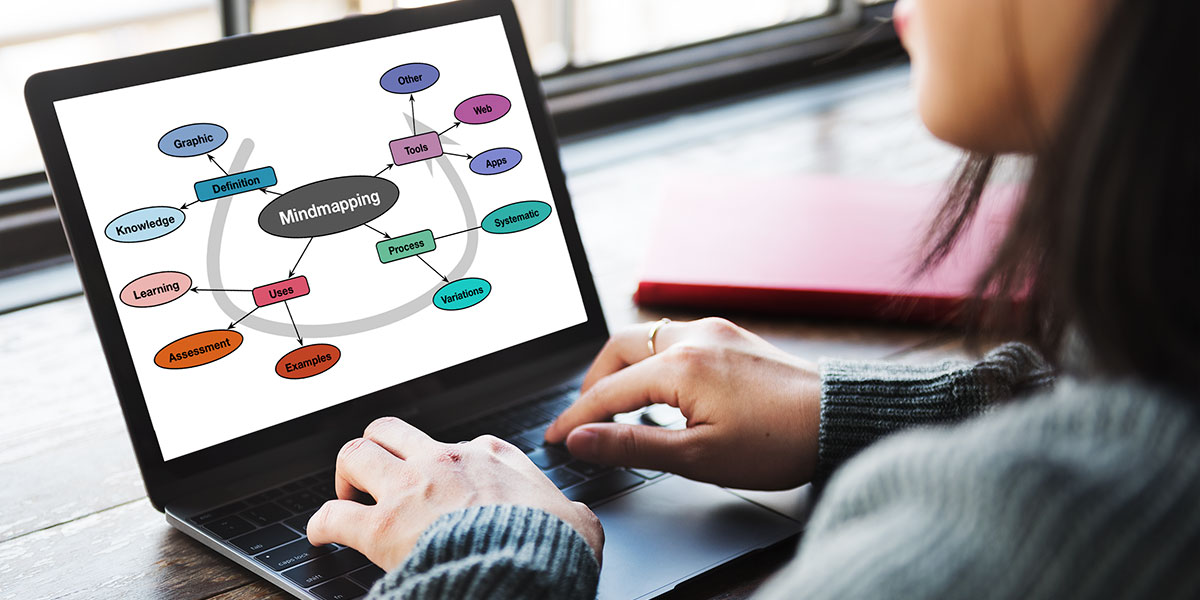In the United States, the Federal Communications Commission (FCC) has officially ended net neutrality and internet service providers (ISPs) are no longer regulated in their provision of internet usage. The end of net neutrality has many profound implications, and when you consider what it might mean for museums and other cultural institutions, the repercussions can be catastrophic.
We've Moved!
Think Clearly has a new home! Click here to see our latest posts.
*If there’s older content you’d like to catch up on, you can browse right where you are, until Friday, April 5th.
We know it takes a minute to get used to change!
The End of Net Neutrality & The Museum Digital Visitor
In Special Library Land we often refer to marketing or advocacy. I do not personally like those words as frames for such activities. I like to call it what it is: INFLUENCE.
Topics: Professional Development, Special Libraries, Marketing
Traditionally, archivists have dismissed arrangement at the item level as having little utility and being impractical for modern collections. However, archival surveys conducted over the years have found that a significant proportion of archivists have adhered to item-level description—even though it is contrary to the traditional archival practice of collection-level description. The same discrepancy between literature and practice appears to be true for visual collections.
Topics: Digital Archives, Archives, Collections Management
During my career as a KM practitioner, I have both observed and developed proven practices for leading successful knowledge management programs, and in doing so, have compiled many “Tips Lists” to serve as thought-starters. They’re included in my latest book on promoting knowledge management initiatives within the corporate world; the below list is from Chapter 12: Use the Keys to Success.
Topics: Knowledge Management, Professional Development, KM
The Future of Augmented and Virtual Reality (AR & VR) in Museums
It is undeniable that technology has a growing presence within the museum sphere. At first, audio-visual technology was harnessed by the museum to augment the museum’s exhibits and provide an enhanced user experience. However, with the universality of everyone owning a smartphone, the museum has seen an increasing rate of technology encroachment, and not of their own making.
Topics: Museums, Strategy, Technology

Community Asset Mapping is a great tool for looking at your potential partnerships, markets, audiences, and more. While it is widely used in the public sector—public libraries, healthcare, social services, urban planning, etc.—it promises to be a potentially very strong tool for special librarians to ‘map’ their internal and external communities.
Topics: Professional Development, Special Libraries, Strategy
In July 1945, Atlantic Monthly published “As We May Think,” by army scientist Vannevar Bush, an essay that had an immense influence on the history of computing. Bush was concerned about the explosion of information without a means to quickly retrieve data.
Topics: Digital Archives, Archives
During my career as a KM practitioner, I have both observed and developed proven practices for leading successful knowledge management programs. They’re included in my latest book on promoting knowledge management initiatives within the corporate world. Please read on for my thoughts on the essentials of KM leadership.
Topics: Knowledge Management, Professional Development, KM
Museums know they need money, but they’re often so overwhelmed they can’t put ideas on paper. While it may seem counter-intuitive to focus on your problems, this is exactly what I recommend to museums.
Information professionals have a reputation for knowing a little about everything. As embedded special librarians and archivists, it’s essential that we remain relevant. One way to do so is to continuously hone your knowledge through continuing education. Another way to remain “in the know” is to share what you learn—within the organization and your professional specialty.
Metadata is structured data about data, information that facilitates the management and use of other information. The function of metadata is to provide your users with a standardized means for access to digitized materials. However, it is not enough to use just any metadata standard.
Topics: Digital Archives, Archives
The single most important “KM sale” you can make is to your senior leaders. In my first two posts on this topic, I asserted that in my experience, if you get them on board, everything else will be much easier. If you can’t: try, try, and try again. Valuable tools for getting leadership sponsorship and support include telling stories, making the business case, and selling the benefits. Please read on to learn about selling the benefits, drawn from my new book Proven Practices for Promoting Knowledge Management.
Topics: Knowledge Management, Professional Development, KM
Failing to win a grant your museum applied for can feel very personal. It’s natural to have feelings of sadness and frustration, and wonder what went wrong. This is a post to help you move past the rejection letter and use failure to strengthen future applications.
Part 4: How Embedded Librarians Add Value to Catalogues and Databases
Through being part of a digitization or processing project, embedded special librarians add value to catalogues and databases. Their “In-The-Know” positions mean they can act as liaisons between the project designers and managers and the processors, catalogers, and input specialists. Specialized vocabulary and carefully crafted thesauri add precision to catalogs, metadata, tags, and, best of all, search results.
Metadata is one of the significant costs of digitization. Although archival items can be digitized without cataloging, a digital collection cannot be created and delivered without metadata.
Topics: Digital Archives
The single most important “KM sale” you can make is to your senior leaders. As mentioned in my previous post on this topic, if you get them on board, everything else will be much easier. If you can’t, you must keep trying until you do. To get their sponsorship and support, tell stories, make the business case, and sell the benefits. Please read on to learn about making the business case, drawn from my new book Proven Practices for Promoting Knowledge Management.
Topics: Knowledge Management, Professional Development, KM
Whether you’re undertaking a grant-funded project or a project being done in-house, project management principles should be applied. Most museums and other historical organizations don’t have a project manager on staff, and the idea of project management can seem overwhelming.
Topics: Museums, Strategy, Project Management
Part Five: Aligning Research Results with Decision-Making—Mind Mapping and Boxes
In my country (Canada), mind mapping is in the curriculum from a very early age. This skill is a foundation for critical thinking and, indeed, project and report creation and development—as well as beginning the research, discovery and exploration process.
Topics: Professional Development, Special Libraries, Strategy

















